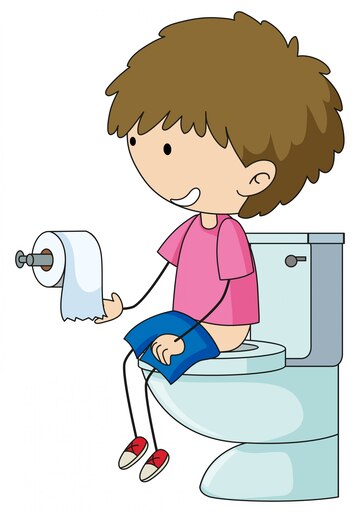Introduction
While daytime potty training is a major achievement, many parents find nighttime potty training to be a more challenging hurdle. Staying dry overnight requires different skills, and some children take longer to master this than daytime training. In this blog, we’ll explore tips and strategies for helping your child stay dry at night, and what to do if accidents occur.
1. Understanding the Difference Between Daytime and Nighttime Potty Training
Nighttime potty training often takes longer than daytime training, and that’s perfectly normal.
- Bladder Control During Sleep: During the night, children’s bodies produce a hormone that slows urine production, but not all kids develop this at the same rate. It can take time for their bladders to adjust to staying dry throughout the night.
- Deeper Sleep: Some children sleep so deeply that they don’t wake up when they need to go to the bathroom. This can result in nighttime accidents even if they’ve mastered daytime training.
2. Tips for Nighttime Potty Training Success
There are several strategies you can use to help your child stay dry at night.
- Limit Fluid Intake Before Bed: Reducing the amount of liquids your child drinks after dinner can help minimize the need for nighttime bathroom trips. Make sure they use the toilet right before bed as well.
- Use Waterproof Bedding: While accidents are normal, they can be frustrating for both parents and children. Using waterproof mattress protectors can make clean-up easier and reduce stress for everyone.
- Offer Gentle Reminders: If your child is having frequent nighttime accidents, consider waking them up for a bathroom trip right before you go to bed. This can help establish a habit of using the toilet during the night.
3. What to Do If Nighttime Accidents Continue
Some children take longer to stay dry at night, and that’s okay.
- Stay Patient: Nighttime potty training can take months or even years, so patience is key. Avoid getting upset or punishing your child for accidents.
- Consider a Doctor’s Visit: If your child is consistently wetting the bed past the age of six, it may be worth consulting a pediatrician to rule out any medical conditions, such as a small bladder or sleep apnea.
- Encourage Independence: Give your child the tools they need to feel more in control. This might mean placing a nightlight near the bathroom or making sure they know where to find clean pajamas and bedding in case of an accident.
Conclusion
Nighttime potty training is often the final step in the potty training journey, but it can take time and patience. By following the tips outlined above, you can help your child develop the skills they need to stay dry overnight and avoid nighttime accidents.


2 thoughts on “Nighttime Potty Training: How to Help Your Child Stay Dry Overnight”